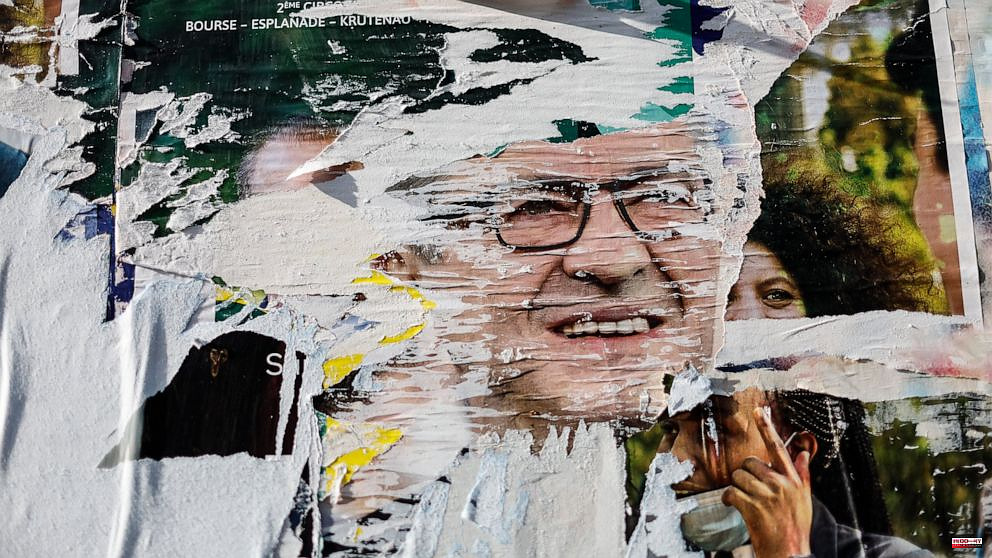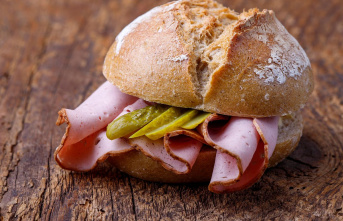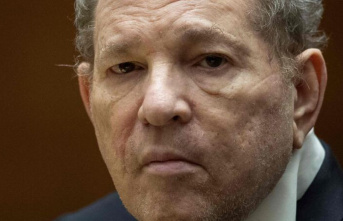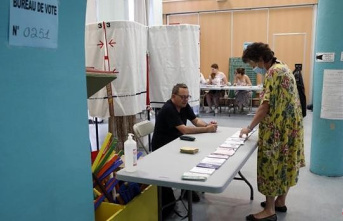PARIS -- French voters vote for lawmakers in Sunday's parliamentary election. President Emmanuel Macron is trying to win his majority, but he is under increasing threat from a leftist coalition.
In the first round, more than 6,000 candidates are running for 577 seats at the National Assembly. The decisive second round will be held on June 19, and the winner will receive the most votes.
Although candidates have attempted to address inflation concerns, which were a key issue in their campaigns, voter enthusiasm has been low. This was evident in Sunday's early turnout numbers, which showed that only 18% of France’s 48.7 millions voters had cast their ballots by noon.
Jean-Luc Melenchon of the Hard-left, who hopes to be elected prime minister, was one of a few voters. He cast his ballot in Marseille's diverse neighbourhood.
A small crowd watched Macron vote in Le Touquet, an English Channel resort, from France's other coast.
His centrist coalition, following Macron's May reelection, is looking for an absolute majority to allow it to fulfill his campaign promises. These include tax cuts, raising retirement age from 65 to 62, and raising the retirement age to 65.
Recent opinion polls indicate that Macron and his allies might have difficulty winning half of the parliamentary seats. A government with a large but not absolute majority could still rule but only if it bargains with legislators.
Melenchon's coalition of communists, leftists and greens appears to be the main opposition. The platform of the coalition includes a substantial minimum wage increase, lowering retirement age to 60, and locking in energy prices.
Melenchon is an anti-globalization firebrand and has called for France's withdrawal from NATO and to "disobey” EU rules. He urged voters to give his coalition majority to force Macron to name him prime minister. This would lead to a situation known as "cohabitation."
Although Melenchon's alliance could win more seats than 200, the current projections show that the left has little chance of winning the majority in the National Assembly. According to the most recent polls, Macron and his allies will win between 260-320 seats.
When it comes to the voting of laws, the National Assembly is in control.
Voters debated outside a Paris voting station in a working class district whether to vote for Macron's party to maintain smooth governance and keep out extremist views or support his opponents to get more political perspectives.
Dominique Debarre, a retired scientist, stated that "when you have a Parliament that's not entirely in line with government, that allows for more interesting conversations and discussion," But cohabitation is in some ways a sign of failure.
The two-round voting system for lawmaking is complicated and not proportional to the support nationwide. Districts elect lawmakers.
For the French far-right, the parliamentary election is a traditionally difficult race. To increase the chances of far-right candidates losing the second round, rivals from other parties often coordinate or step aside.
The National Rally, led by Marine Le Pen (runnerup to Macron in presidential election), hopes to win more than it did five years ago when it won just eight seats. The far right would have at least 15 seats and be allowed to form an parliamentary group, which would give them greater power at the assembly.
Le Pen is a candidate for reelection at her stronghold in Henin-Beaumont in northern France. She cast her vote with a beaming smile.
In France's overseas territories, voters can also cast their ballots. Final polling stations close around 8 p.m. (0800 GMT) and initial projections of the polling agency will be available shortly thereafter.
------
Jeffrey Schaeffer, Daniel Cole, Marseille, and Alex Turnbull, Le Touquet, France contributed.












